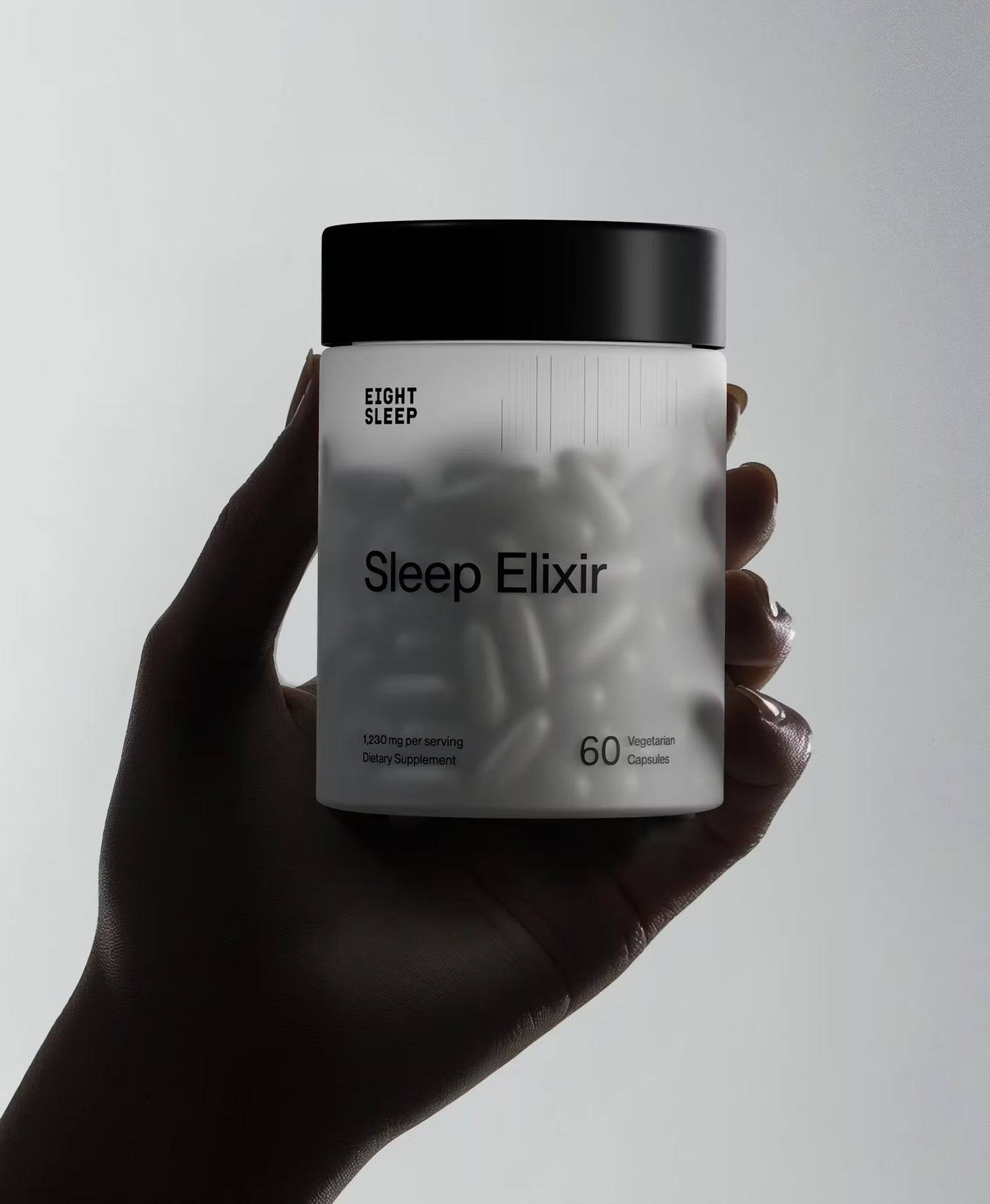Neuro Athletics is a twice-weekly newsletter designed specifically for high-performing men and women who want science-backed strategies to optimize brain health, performance, and longevity. Subscribers include executives, coaches, professional women, health-conscious mothers, and women dedicated to peak cognitive and physical performance. If you're not already subscribed, join 69,000+ people who receive actionable insights directly in their inbox each week.
Story at a Glance:
Maintaining low LDL cholesterol (<70 mg/dL) significantly reduces dementia and Alzheimer’s risk.
Metabolic health and lifestyle play crucial roles in determining the impact of LDL cholesterol on brain health.
Common misconceptions about cholesterol's role in dementia often result from misinterpreted studies and overlooked metabolic contexts.
Neuro Athletes,
The LDL Debate: Why Lower Might Actually Be Better for Your Brain
In a world drowning in conflicting health advice, I've always aimed for precision and nuance. Health influencers and physicians alike regularly sensationalize complex science for clicks. It's understandable, though still problematic. But nothing prepares you for the backlash you receive when you challenge a long-standing dogma—particularly when it involves cholesterol.
Recently, I posted a video suggesting that maintaining LDL cholesterol levels below 70 mg/dL might significantly reduce the risk of dementia and Alzheimer's disease. Predictably, the comments exploded. A furious chorus emerged, arguing vehemently that higher LDL is necessary for optimal brain health.
Let's clear this up
Today’s Newsletter Is Brought To You By Eight Sleep
I’ve been testing Sleep Elixir for a while now, and it’s quickly become a non-negotiable part of my nighttime routine.
Formulated with Valerian Root, Tart Cherry, L-Tryptophan, and Ashwagandha, it’s designed to optimize sleep architecture—helping you fall asleep faster, stay asleep longer, and wake up feeling refreshed, not groggy.
The best part? No melatonin, no dependency—just scientifically backed ingredients that work with your body’s natural sleep processes.
If you’re serious about performance, recovery, or just getting better sleep, this is worth looking into.
Understanding Cholesterol’s Dual Role
Yes, cholesterol is vital for brain function. No debate there. Cholesterol supports cell membranes, hormone production, and myelin sheath formation—the protective layer insulating nerve cells. But the story doesn't end there. LDL cholesterol—often labeled the "bad cholesterol"—has repeatedly demonstrated a Jekyll-and-Hyde character: essential in moderation, hazardous in excess.
Addressing Common Misconceptions
Misconception: "The brain needs cholesterol to prevent dementia."
Clarification: Absolutely true—the brain does need cholesterol, but not necessarily in high quantities from LDL cholesterol. The brain synthesizes most of the cholesterol it needs. Excess LDL, especially when metabolically dysregulated, can harm brain health by promoting inflammation and impaired blood flow.
Misconception: "LDL is not important. Lipoprotein(a) and triglycerides are the real markers."
Clarification: Indeed, Lipoprotein(a) and triglycerides are critical markers. However, dismissing LDL outright ignores substantial evidence linking elevated LDL levels, especially small dense LDL particles, to increased dementia and cardiovascular risks. All these markers should be considered within the broader context of metabolic health.
Misconception: "People with low cholesterol have higher dementia risk."
Clarification: Studies often cited to claim increased dementia risk in low-cholesterol populations, such as the Honolulu-Asia Aging Study and the Framingham Heart Study, typically involve elderly individuals with existing metabolic conditions or those on aggressive cholesterol-lowering therapies. Crucially, these findings reflect reverse causation—declining cholesterol levels often indicate underlying health issues rather than causing dementia. Conversely, research consistently demonstrates that naturally low LDL levels, achieved through metabolic health and lifestyle interventions, substantially reduce dementia risk.
I don’t understand where people get THEIR information from?
Studies provide compelling evidence that high LDL cholesterol in midlife is strongly associated with increased dementia risk decades later.
Key Findings from the Kaiser Permanente Study
Over 10,000 individuals monitored for 30 years
High midlife cholesterol increased Alzheimer's risk by 57%
Even moderate elevations raised dementia risk by 23%
Why High LDL Matters
Look, I can understand the theories of why LDL is not the villain, I covered this in a recent podcast episode.
However, CONTEXT IS EVERYTHING.
For example, elevated LDL levels fuel atherosclerosis, restricting cerebral blood flow and starving the brain of essential nutrients. Recent research has spotlighted how LDL and metabolic disturbances intricately intertwine. Insulin resistance, glucose dysregulation, and chronic inflammation all contribute to the accumulation of tau and amyloid proteins—hallmarks of Alzheimer's pathology.
Critics argue vehemently, often citing anecdotes and studies out of context. For instance, I've been pointed to data suggesting lower LDL might lead to cognitive decline. Yet, what these critics conveniently ignore is that drastically reduced LDL via aggressive pharmacological interventions, especially when combined with impaired metabolism and insulin resistance, indeed might compromise brain health. But here's the nuance they're missing: it’s the overall metabolic environment that dictates LDL's role.
Metabolic health is king in this argument.
Indeed, not all LDL particles are equal. Particle size, density, and oxidation status profoundly influence LDL's biological impact. Small, dense LDL particles, typically elevated in insulin-resistant states, wreak havoc, penetrating arterial walls more aggressively, promoting inflammation, and escalating dementia risk.
It's precisely here where a cholesterol number alone fails. Context matters immensely!!!! Metabolic health, insulin sensitivity, inflammation markers, and lifestyle factors paint the true picture.
Evidence from metabolic research, PET imaging, and longitudinal studies highlight a clear pathway: elevated midlife LDL, when coupled with metabolic dysfunction, creates a perfect storm driving dementia pathology decades later. Conversely, maintaining a low LDL within a context of metabolic health drastically reduces risk.
Yes, aggressively targeting lower LDL can seem controversial. But when viewed through the lens of metabolic health, the data paints a clear, evidence-based picture.
For dementia prevention, aim for low LDL within the right metabolic context. Your brain and your future will thank you.
— Louisa Nicola
















Share this post